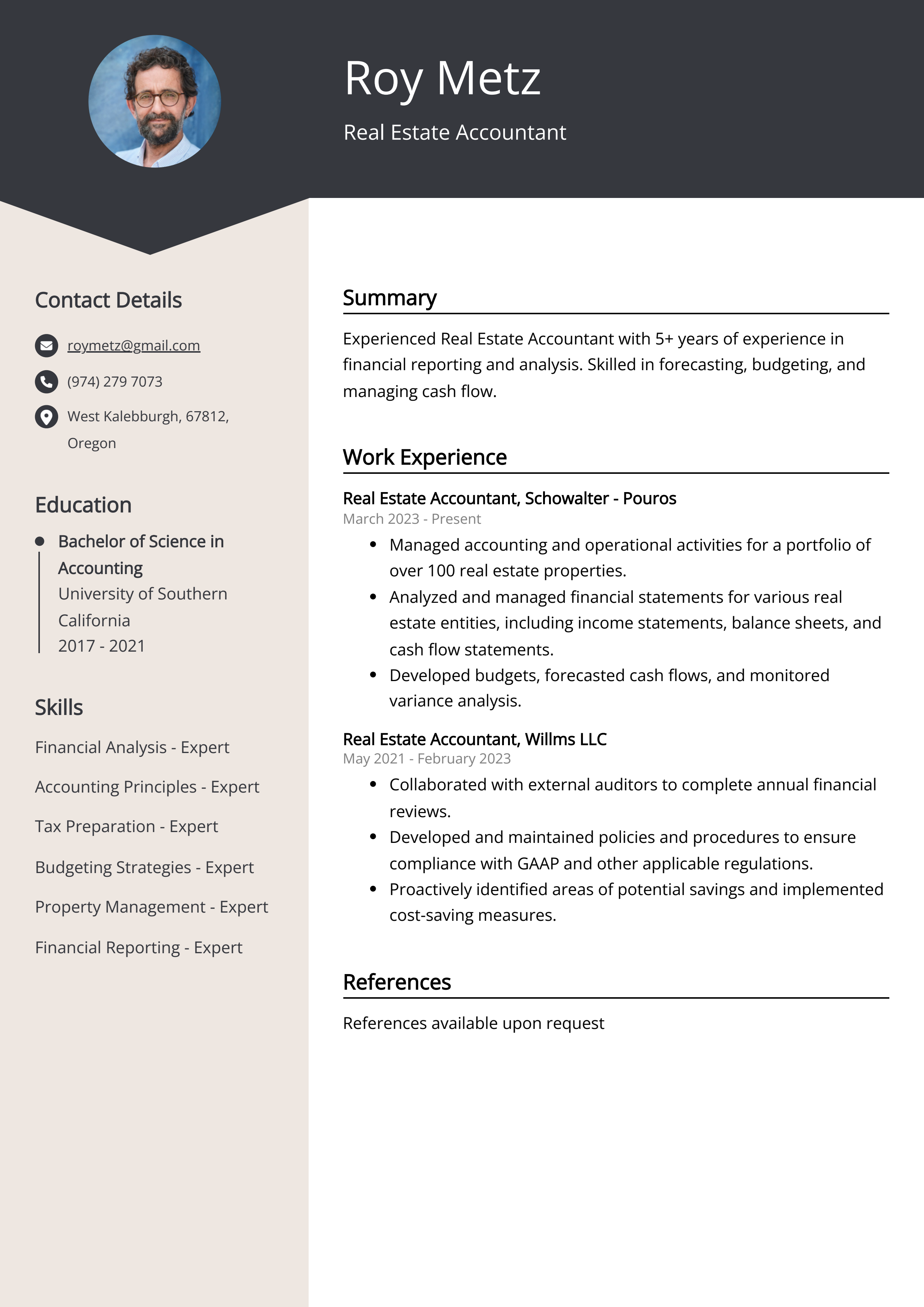How a Professional Construction CPA Accounting Firm to Ensure Compliance
The Trick Advantages of Implementing Construction Accountancy Practices in Building And Construction & Property Firms
The implementation of building accountancy methods within building and construction and property firms presents various advantages that can dramatically boost overall financial management and job results. By developing extensive budgeting and cost-tracking devices, companies can attain better precision in monetary preparation and cash money circulation monitoring. These techniques not just alleviate mistakes however likewise assist in notified decision-making with timely access to important information. As the sector remains to progress, comprehending the full scope of these advantages comes to be necessary for keeping competitiveness and achieving sustainable development. What certain areas of financial monitoring might generate the most substantial renovations?
Enhanced Budget Plan Control
In the realm of building and construction accountancy, effective budget plan control is vital for project success. Improved budget control includes strenuous tracking and monitoring of funds throughout the project lifecycle. Exact budgeting guarantees that prices are estimated genuinely, enabling companies to allocate funds effectively and mitigate the danger of overruns.
To attain enhanced budget plan control, construction companies should employ in-depth cost monitoring approaches, using innovative software remedies that assist in real-time information evaluation. This includes damaging down project prices into labor, products, and above, allowing for accurate projecting and modifications as required. Routine budget plan testimonials and variance analysis are necessary in recognizing discrepancies between forecasted and real expenses, which can educate prompt decision-making.
Moreover, clear communication among job stakeholders is vital for keeping budgetary self-control. Establishing a society of liability ensures that all staff member recognize financial constraints and objectives. By fostering partnership throughout divisions, firms can enhance their capability to react to financial obstacles proactively.

Improved Capital Monitoring

Efficient capital management is crucial for building firms, as it straight influences their capacity to run smoothly and satisfy project obligations. By employing durable building and construction accountancy methods, firms can gain a more clear image of their financial position, permitting far better forecasting and resource allocation.
Among the key advantages of improved capital administration is the ability to anticipate periods of monetary stress. Building and construction jobs usually entail considerable in advance expenses and varying revenue based upon project landmarks. With efficient tracking of earnings and expenses, companies can identify possible cash scarcities and execute techniques to minimize them, such as protecting lines of credit or readjusting payment schedules with subcontractors.
By streamlining these processes, building and construction firms can ensure that funds are offered when required, sustaining recurring operations and reducing the risk of hold-ups due to pay restraints. Precise money flow projections enable firms to make informed choices pertaining to financial investments in brand-new jobs, devices, or personnel, fostering sustainable development and security within the company.
Boosted Project Success
Making the most of task earnings is a fundamental objective for building and construction firms making every effort to improve their economic performance. By precisely tracking task expenses, companies can identify areas of overspending and apply restorative actions quickly.
In addition, comprehensive economic reporting and analysis give insights into earnings margins for numerous jobs. By reviewing these margins, firms can make educated choices on future proposals, ensuring they go after tasks that straighten with their success objectives. In addition, construction accountancy techniques promote better communication among task stakeholders, fostering partnership that can bring about cost-saving technologies and improved project execution.
Moreover, developing a durable audit structure makes it possible for firms to accurately assess their performance against industry benchmarks. This not only helps in identifying strengths however likewise highlights weaknesses that need addressing, enabling continuous improvement. Ultimately, increased job earnings not only enhances a company's monetary standing however likewise enhances its competitive benefit in the building and realty market, leading the method for sustainable growth and success.
Streamlined Financial Processes
Streamlined economic procedures are necessary for building firms aiming to boost functional effectiveness and accuracy in their accounting techniques. By carrying out standardized procedures and making use of specialized software application, firms can significantly lower the moment and effort invested on economic administration tasks. Automation of routine jobs, such as expenditure, invoicing, and payroll monitoring, minimizes human error and makes sure that economic information is processed immediately.
Additionally, streamlined processes facilitate better cash money flow administration, an important aspect for building and construction firms where project timelines and budget plans can be unpredictable. With real-time economic reporting, firms visit homepage can check their fiscal wellness, allowing for speedy adjustments to minimize any capital issues. This aggressive approach assists keep vendor relationships and maintains tasks on routine.
Incorporating building and construction accounting practices enables firms to combine different monetary features, from budgeting to task setting you back, right into cohesive workflows. This combination not just conserves time however also promotes transparency and responsibility among group participants. Eventually, streamlined economic processes add to an extra dexterous organization, ready to respond to market changes and task needs while ensuring that economic stability remains undamaged.

Educated Decision-Making Insights
Informed decision-making is vital for building and construction companies browsing complex project landscapes and fluctuating market conditions. By executing robust building accountancy techniques, companies can utilize exact economic information to promote critical selections. This data-driven strategy makes it possible for supervisors to analyze task stability, allot sources effectively, and anticipate money flow fluctuations with greater accuracy.
Building and construction audit gives understandings into cost management, permitting companies to determine areas of overspending and execute corrective measures promptly. For example, in-depth spending plan monitoring and variation analysis can disclose inconsistencies between predicted and real costs, informing future task quotes and strategies. Additionally, prompt financial coverage improves the ability to react to market modifications, ensuring that companies remain active and competitive
Moreover, accurate monetary understandings foster much better interaction with stakeholders, including capitalists and clients. Transparent monetary coverage builds depend on and confidence, as stakeholders can see the firm's economic health and job efficiency at a glimpse. Inevitably, informed decision-making, backed by audio accountancy practices, furnishes construction companies to navigate difficulties, take advantage of on opportunities, and drive sustainable development in a progressively competitive sector.
Final Thought
To conclude, the execution of building accounting methods in construction and genuine estate firms dramatically improves financial management. By assisting in enhanced spending plan control, improving cash flow management, and raising project productivity, these practices add to structured economic processes and informed decision-making. The adoption of such approaches not just promotes liability amongst stakeholders yet additionally equips firms read this article with the dexterity necessary to browse fluctuating market conditions, ultimately resulting in greater overall success in project execution.
The application of building and construction accounting methods her comment is here within construction and actual estate companies provides various advantages that can considerably enhance total economic administration and job outcomes. Construction jobs typically include significant ahead of time expenses and varying income based on task turning points. Additionally, building and construction audit methods facilitate far better interaction among task stakeholders, promoting collaboration that can lead to cost-saving technologies and enhanced project execution.
Incorporating building bookkeeping practices makes it possible for firms to settle different economic functions, from budgeting to task setting you back, into natural workflows. Construction & Real Estate. Thorough budget plan monitoring and variation analysis can expose inconsistencies between forecasted and real expenses, informing future job bids and approaches